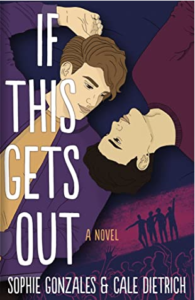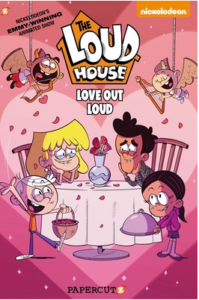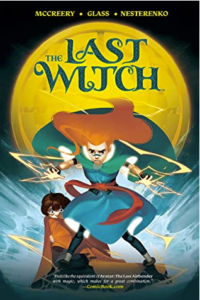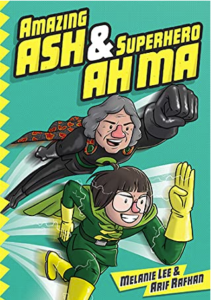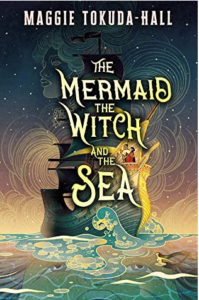It’s 1978. There is only one Star Wars movie, and it doesn’t have a subtitle or an episode number. Star Wars is still playing in some movie theaters, more than a year after its release. There are a ton of toys, and fans are busily imagining what their beloved characters were up to before and after the events of the movie (well, American fans mostly, Star Wars did not premiere in the UK until late December of 1977, and it took even longer to arrive elsewhere), but as far as official Star Wars stories go that was it. Until Splinter of the Mind’s Eye was published in March 1978. With that cover!
Darth Vader dominates Ralph McQuarrie‘s painting. Vader has the drop on Luke and Leia, standing atop a pile of rubble between stone two columns with a misty forest in the background. Something bright and red and glowing is in the middle of the pile, commanding a viewer’s attention almost as much as Vader does. What’s happening? How did they get to where they are? I still find the cover and the title almost as irresistible as I did when I first bought the paperback way back in the days before the Empire struck back.
A copy recently made its way to me, a Del Rey paperback with a cover price of $1.95 and an ad in the back to mail-order books by Robert A. Heinlein, 50¢ to cover postage and handling, please allow four weeks for delivery. I hadn’t read Splinter of the Mind’s Eye in at least thirty years, more likely forty. Had the Suck Fairy paid a visit? I mentioned it on social media, and replies ran the gamut — liked it, couldn’t get into it, anticipation followed by disappointment, loved it (but how did Luke learn to swim while growing up on Tatooine?), it always sucked — but nobody said they had read it recently.



